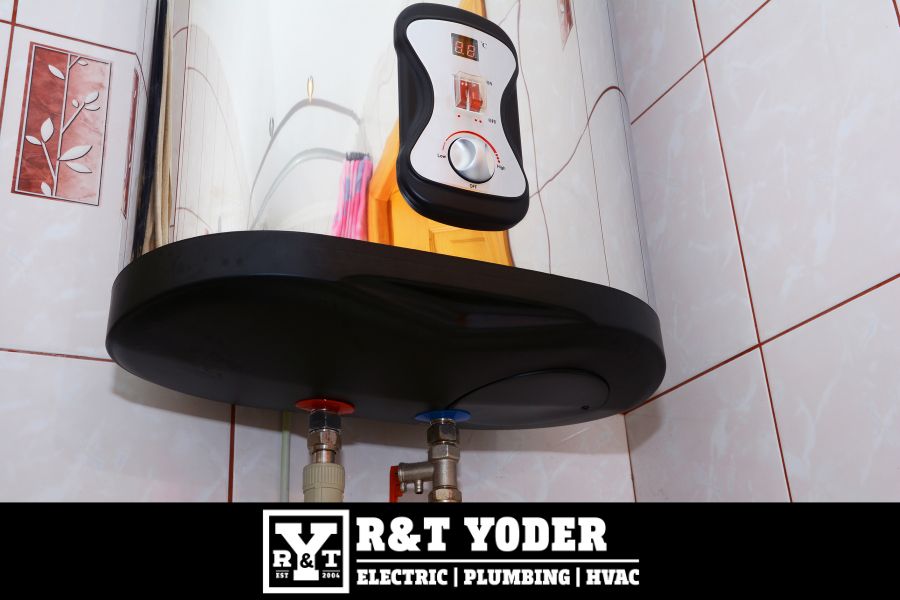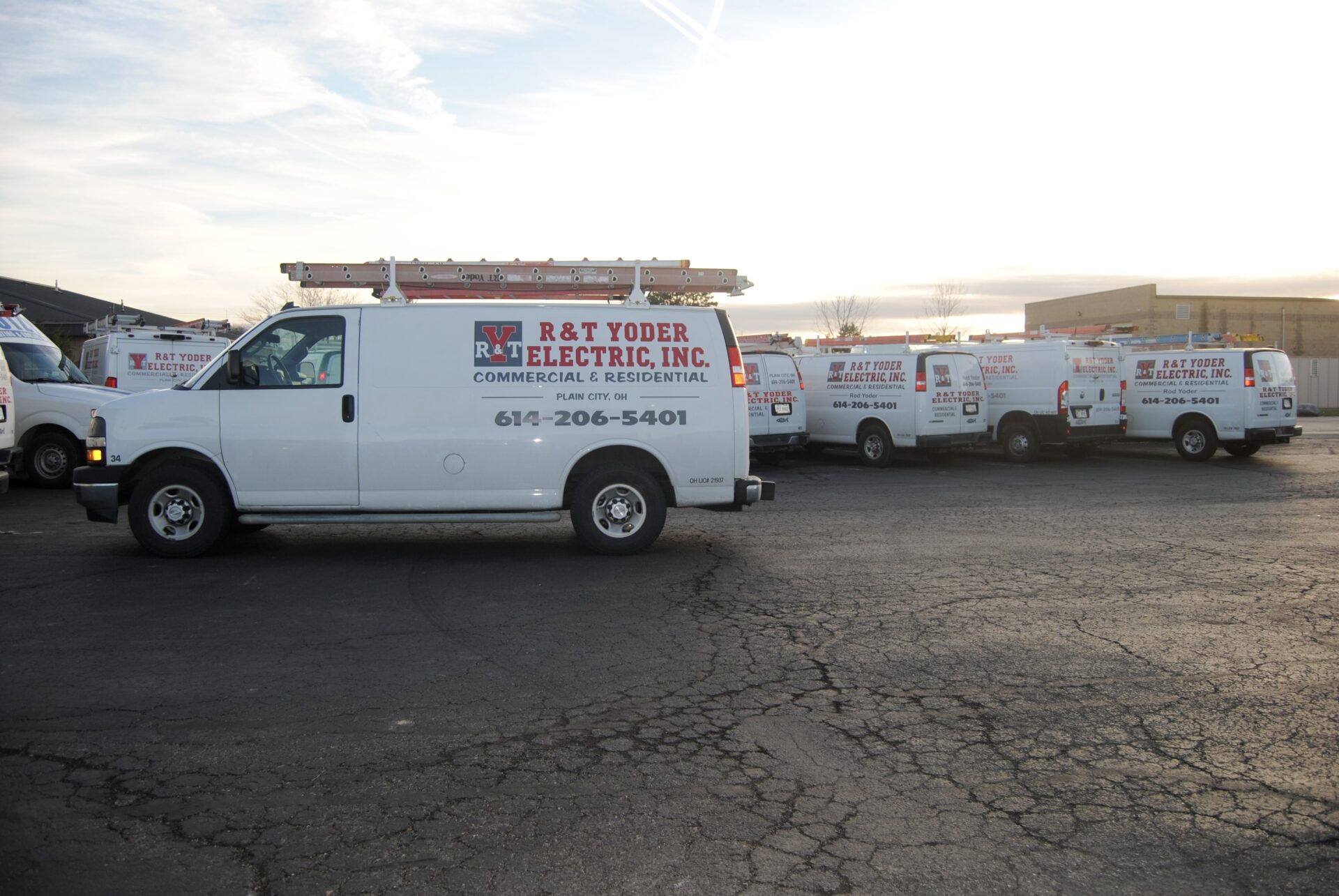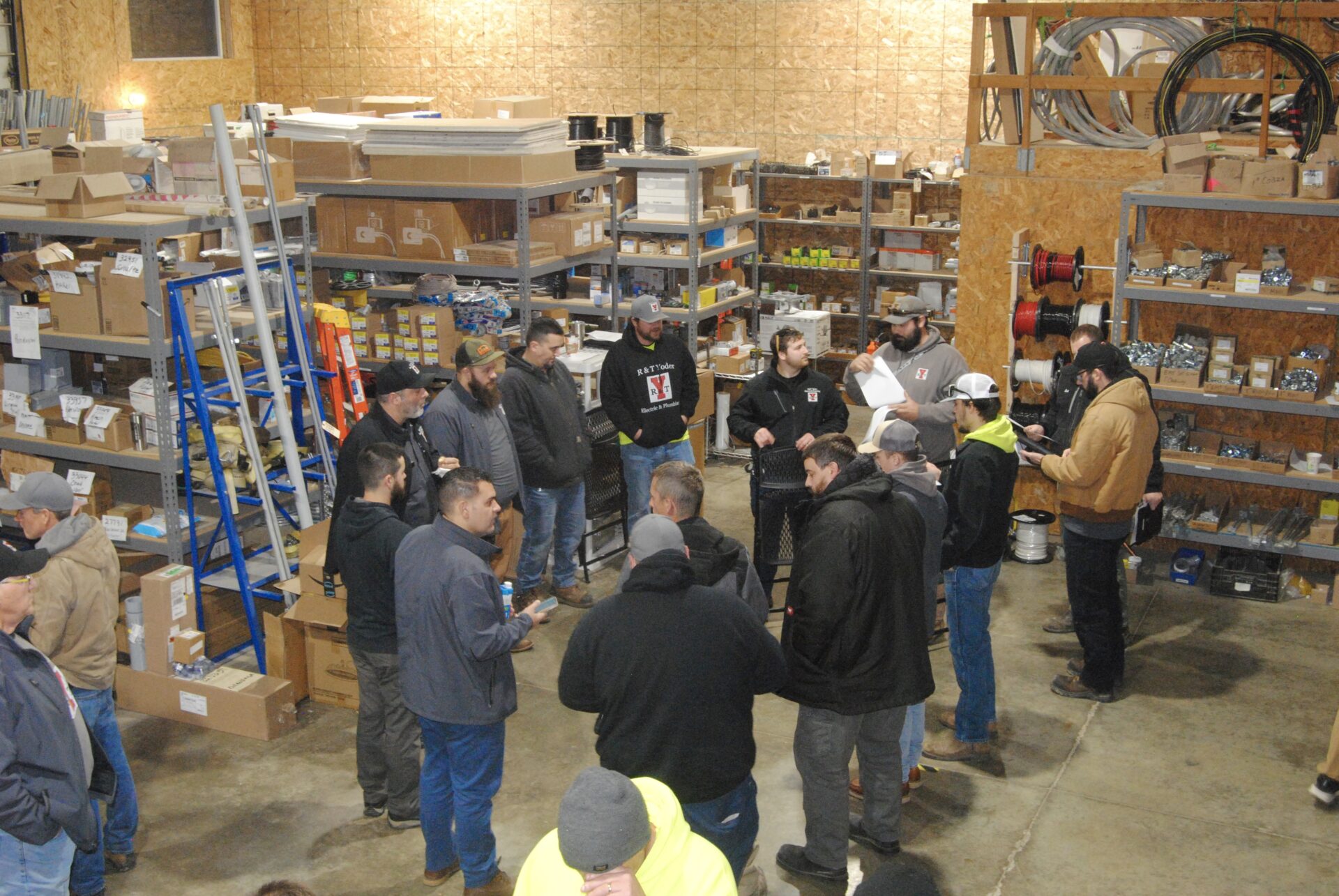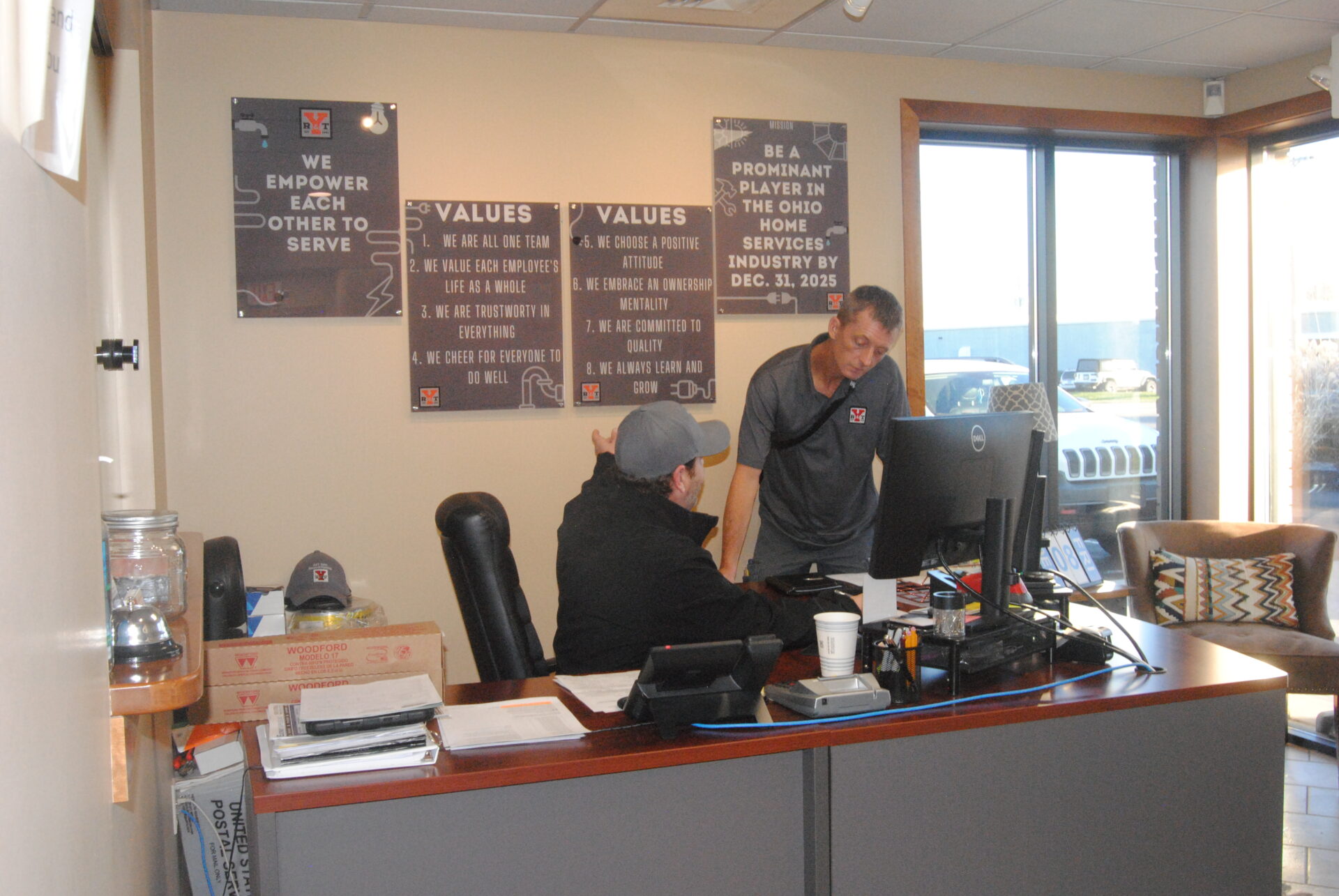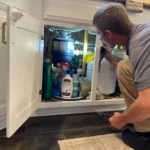A reliable water heater is essential for maintaining the comfort and functionality of your home. Few things are as disruptive as stepping into a cold shower or dealing with a leaking unit. Whether your water heater has stopped working altogether or is showing signs of distress—like strange noises, discoloration, or inconsistent heating—knowing the right person to call for help is crucial. But how do you determine if a plumber, an electrician, or another specialist is needed?
1. Common Water Heater Issues
Understanding the most common water heater issues is the first step toward identifying the right professional to call. Different problems require different expertise, and some may even be fixable with a bit of DIY effort.
No Hot Water
Few issues are as frustrating as a water heater that fails to produce hot water. This problem can occur in both gas and electric water heaters and may be caused by
- Pilot Light Failure (Gas): If the pilot light is out, the burner won’t ignite.
- Heating Element Failure (Electric): A faulty heating element can prevent water from warming up.
- Gas Supply Issues: A disruption in the gas supply can halt heating.
- Tripped Circuit Breaker: For electric heaters, a tripped breaker can cut power to the unit.
Inadequate Hot Water
If you’re getting some hot water but not enough, the likely causes include
- Incorrect Thermostat Setting: The temperature may be set too low.
- Sediment Buildup: Minerals accumulate in the tank, reducing heating efficiency.
- Damaged Dip Tube: A broken dip tube can cause cold and hot water to mix prematurely.
Leaking Water Heater
Water leaks can range from minor drips to serious flooding and are often due to
- Loose Connections: Inlet or outlet pipes may need tightening.
- Faulty Pressure Relief Valve: Excess pressure can force water out through the valve.
- Corroded Tank: Internal corrosion can lead to cracks and leaks.
Discolored Water
Rusty or cloudy water is typically caused by
- Corroded Anode Rod: The anode rod protects the tank from rust, but it deteriorates over time.
- Sediment Accumulation: Minerals and debris can discolor the water.
Strange Noises
Popping, banging, or hissing sounds are usually due to
- Sediment Buildup: Trapped water beneath sediment can create steam pockets.
- Loose Heating Elements: In electric heaters, loose elements can vibrate and cause noise.
- Water Hammer: Sudden water flow changes can cause banging noises in the pipes.
2. When to Call a Plumber for Water Heater Repair
Plumbers are the go-to professionals for most water heater issues, especially those related to the plumbing system or the heater’s physical components. Here are the situations when you should call a plumber
Major Leaks
If you notice water pooling around your heater, it’s likely due to a significant leak. A plumber can
- Identify the Source: Determine if the leak is from a valve, a connection, or the tank itself.
- Replace Faulty Parts: Fix or replace valves, pipes, or fittings causing the leak.
- Recommend Replacement: If the tank is cracked, a new water heater may be the only solution.
Pilot Light Issues (Gas Heaters)
If you’ve tried relighting the pilot light and it won’t stay lit, a plumber can
- Check the Thermocouple: Replace a faulty thermocouple that’s preventing the pilot from staying lit.
- Inspect the Gas Supply: Ensure gas is reaching the burner properly.
No Hot Water Despite DIY Efforts
If you’ve tried resetting the breaker, relighting the pilot, or replacing a heating element and still have no hot water, a plumber can
- Diagnose Complex Issues: Identify underlying problems that DIY fixes can’t address.
- Replace Faulty Components: Swap out defective parts like burners or thermostats.
Discolored Water
A plumber can
- Replace the Anode Rod: A new anode rod can prevent further rust.
- Flush the Tank: Remove sediment and debris causing discoloration.
Installation of New Water Heaters
Installing a new unit is a job for a professional plumber who can
- Ensure Proper Setup: Install the heater correctly and safely.
- Comply with Codes: Ensure the installation meets local building codes.
3. When to Call an Electrician for Water Heater Repair
Some water heater issues are electrical in nature, and calling an electrician is the safest option. Here are situations that warrant an electrician’s expertise
Frequent Breaker Trip
If your water heater keeps tripping the circuit breaker
- Check for Electrical Faults: An electrician can identify short circuits or wiring issues.
- Repair or Replace Wiring: Faulty wiring can be a fire hazard and requires professional repair.
Faulty Heating Elements
In electric water heaters, heating elements may fail due to
- Electrical Issues: Wiring problems can cause heating elements to malfunction.
- Replacement Needs: If the elements are burned out, an electrician can replace them safely.
Thermostat Malfunctions
If the thermostat isn’t regulating temperature correctly
- Diagnose and Replace: An electrician can check the thermostat’s wiring and replace it if needed.
Power Supply Issues
If there’s no power reaching your water heater
- Check Electrical Connections: Ensure all wiring and connections are secure.
- Replace Damaged Components: Faulty switches or relays may need replacement.
4. DIY Repairs for Water Heaters
Some water heater issues can be fixed with a bit of DIY effort. Here are a few repairs you can try on your own
Relighting the Pilot Light
- Turn Off the Gas: Set the gas valve to “Off.”
- Wait for Gas to Clear: Wait 5-10 minutes to allow any lingering gas to dissipate.
- Light the Pilot: Turn the valve to “Pilot,” hold down the button, and use a lighter to ignite the flame.
- Hold for 30-60 Seconds: Keep the button pressed to heat the thermocouple.
Replacing a Heating Element
- Turn Off Power: Shut off the breaker to the water heater.
- Drain the Tank: Connect a hose to the drain valve and empty the tank.
- Unscrew the Element: Remove the faulty heating element with a wrench.
- Install the New Element: Insert the replacement and secure it tightly.
Flushing the Tank
- Turn Off Power or Gas: Ensure the heater is off.
- Connect a Hose: Attach a garden hose to the drain valve.
- Drain the Water: Open the valve and let the water flow until clear.
5. How to Choose the Right Professional
Selecting the right professional for water heater repair can make all the difference. Here’s how to choose
- Verify Licensing: Ensure the plumber or electrician is licensed.
- Check Experience: Look for professionals with years of experience.
- Read Reviews: Online reviews can provide insights into reliability and service quality.
- Request Estimates: Get a detailed estimate before committing to repairs.
- Ask About Warranties: Ensure the work is backed by a warranty.
6. What to Expect During a Repair Visit
Understanding what happens during a professional repair visit can ease anxiety. Here’s a step-by-step outline
- Initial Diagnosis: The professional assesses the problem.
- Cost Estimate: You receive an estimate for the repair.
- Repair Process: The technician replaces or repairs components.
- Testing: The unit is tested to ensure it works properly.
- Advice: Maintenance tips are provided to prevent future issues.
7. Preventative Maintenance Tips
- Flush the Tank Annually: Prevent sediment buildup.
- Check the Anode Rod: Replace every 3-5 years.
- Test the Pressure Relief Valve: Ensure it functions properly.
- Inspect for Leaks: Catch leaks early.
- Adjust Thermostat: Keep between 120°F-140°F.
Knowing who to call for water heater repair—whether a plumber, an electrician, or handling DIY repairs—can save you time and money. Identify the issue, choose the right professional, and practice regular maintenance to keep your water heater in top shape.

